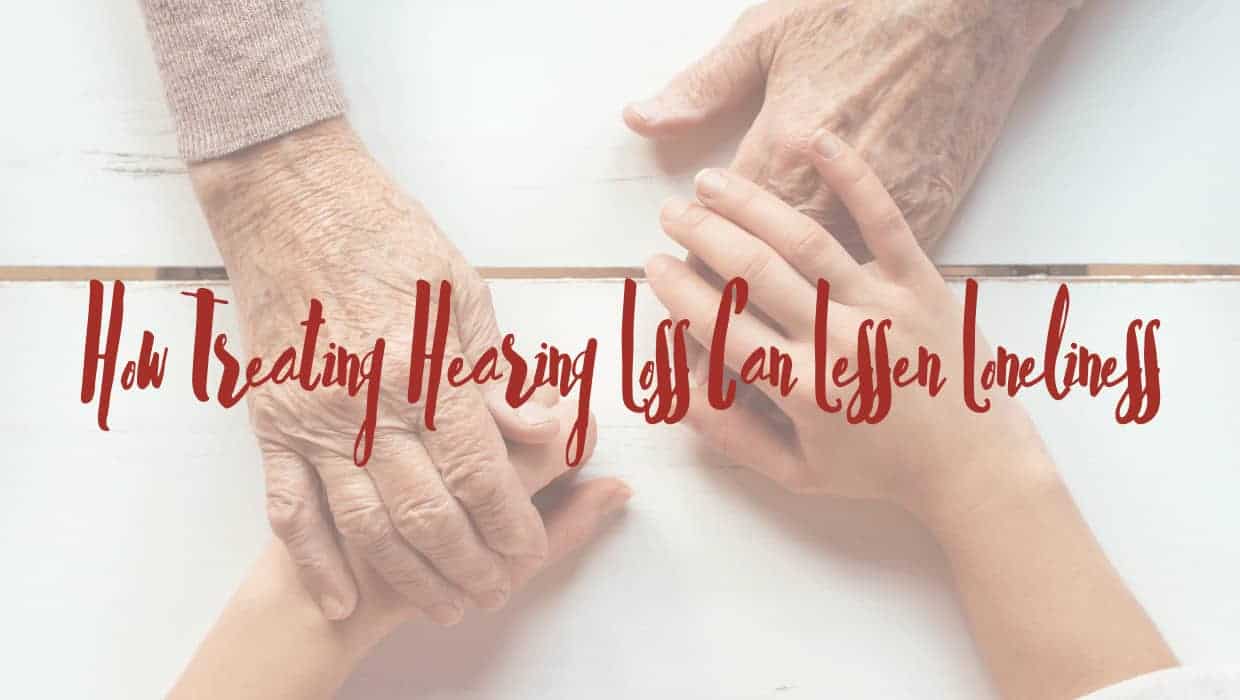How lonely are Americans?
According to an article published in the Human Resources and Services Administration (HRSA) “two in five Americans report that they sometimes or always feel their social relationships are not meaningful”. This means about 40% of American adults feel their social relationships are not meaningful. Even further, one in five of the surveyed adults reported feeling socially isolated or lonely (https://www.hrsa.gov/enews/past-issues/2019/january-17/loneliness-epidemic). In fact, hearings in front of congress in 2017 called loneliness in America an epidemic.
Of course, these surveys were conducted and findings were reported long before the pandemic we have experienced in 2020. It is likely safe to assume that Americans now feel even more lonely, as the pandemic has totally changed and in some cases eliminated the ways we interact with the people we love.
How does loneliness affect our health?
Just like we need shelter, water, and food, humans need social interaction in order to survive. We are naturally social beings, and being isolated from others can have a truly damaging effect on our health. This is true for more than just mental health as well. Of course, loneliness causes depression, anxiety, and hopelessness, but it goes much further than that. Loneliness can have an extremely negative impact on our physical health too.
Shockingly, experiencing loneliness has been found to be as damaging to our health as smoking 15 cigarettes a day. (https://www.starkey.com/blog/articles/2020/11/hearing-loss-and-loneliness?utm_source=Starkey+SoundNews&utm_campaign=650c06eb2c-EMAIL_CAMPAIGN_2018_08_14_03_23_COPY_01&utm_medium=email&utm_term=0_59ce41608b-650c06eb2c-103278329&mc_cid=650c06eb2c&mc_eid=6947b45d85).
Loneliness can increase our risk of developing diabetes, heart disease, dementia, stroke, and cancer. It can even increase risk of mortality. The increase in risk for these and other diseases due to loneliness is a complete reflexive reaction.
In the days of early humans, people needed to belong to social groups in order to survive. We have always depended on others for our very being and safety. When we are chronically lonely, our biological bodies instinctively perceive that we are in danger. Because of this, stress hormones begin automatically firing, causing an increase in blood pressure, higher levels of glucose, and a weakened immune system.
What does loneliness have to do with hearing loss?
Loneliness and hearing loss are connected because untreated hearing loss is a very common risk factor for becoming lonely and socially isolated. It isn’t hard to see why. When following conversations at group events becomes frustrating because you cannot hear, or half of your phone calls are filled with, “can you repeat that” and “I didn’t hear you” rather than actual conversation, it is easy and tempting to simply stop participating. Unfortunately, this tendency can unintentionally lead to social isolation, chronic loneliness, and the myriad of health effects that they bring.
Luckily, treating hearing loss with hearing aids can help mitigate all of these negative effects. Choosing to treat hearing loss with hearing aids has been shown to increase overall happiness, improve relationships with romantic partners and family, and increase likelihood to participate in social gatherings. When hearing becomes more effortless, you can begin enjoying the activities you used to, without wondering how much of the conversation you are missing due to hearing loss.
Loneliness and our 2020 “new normal”
Because of quarantine and social distancing mandates, the way we interact and socialize has had to dramatically change this year. Often, this means moving social gatherings and the way that we connect has moved to more phone and video calls and less face to face interaction. Some may be wondering if it is smarter to wait until life returns to more “normal” circumstances to invest in hearing aids.
Why wait? Hearing aids can help make the virtual conversations and gatherings you are having right now easier and more enjoyable as well. Many hearing aids are equipped with Bluetooth technology, allowing your phone or video calls to be directly streamed right into your hearing aids. Zoom on!

